Bee collectors said they were ordered by Chinese traders to buy this type of bee, and were even given medicine and instructions on how to use it to attract bees.
Price 4 million VND/kg of honey bee
In recent months, a strange phenomenon has been occurring in many rural areas of Vietnam when the bee, a familiar and beneficial insect, suddenly became the target of many people's hunting. With a purchase price of up to millions of VND per kilogram, it has stimulated many people to participate in the hunt for this bee species.
Specifically, bees are publicly offered for purchase on groups at a price of about 4 million VND/kg. On groups specializing in purchasing goods for export to China, dozens of posts about bee purchases appear every day.
Not only that, to buy as many hornets as possible, traders also enthusiastically instruct people on how to trap hornets with medicine that they sell for 300,000 VND/kg.
“Just light this medicine, bees from 5-10km away will follow the scent, at this time just use a net to catch them” , a trader with the account NL instructed. Accordingly, people who go to catch bees often use pre-mixed medicine: “This is a medicine provided by a bee purchasing agent in China. You just need to crush it into half a grain of rice, mix it with brown sugar and burn it. Bees that are foraging within a radius of 10km or less will come when they smell the scent of the medicine. You just need to use a net to catch them, dry them in the sun for 2-3 days and then sell them.”

This person said that depending on the location, whether there are many bees or few, the amount of bees collected will be less or more when burning the drug. "Some people burn half a kilo of drug and catch more than half a kilo of bees."
According to Mr. NL, the bee-catching drug smells like pollen and is not toxic. Catching bees with drugs is even more expensive than catching bees naturally. Mr. L. explained that the bees attracted to the drug are old, healthy bees that fly far, so the quality of the medicinal herbs is better.
NL is a bee buyer, living in Ninh Binh . He said that from the beginning of the season until now, he has bought more than 1 ton of bees. But this number is nothing compared to a buyer he knows, living in Quang Ninh. “I asked recently, they have purchased more than 6 tons already.”
Nguyen Hung, a bee collector living in Phu Tho , said that bees usually make nests in dry bamboo trees. Each bamboo segment has only one bee. They collect honey, bring it back to the nest, lay eggs, hatch and raise the young. Each nest usually has 3-4 offspring.
Honey from bees is very fragrant, and bees also smell of honey. If soaked in alcohol, it will produce a particularly fragrant wine. According to folk beliefs, this wine can cure rheumatism. However, scientific studies have not yet provided concrete evidence of the effectiveness of using bees to treat diseases. This has created an underground market for this product, pushing up the price of bees.

In addition, the export of bees to China is also a factor driving the demand for purchasing. In China, bees are used as raw materials for some medicines and functional foods.
Beware of tricks of traders
However, over-exploitation of bees not only causes ecological imbalance but also directly affects agricultural production. Bees play an important role in pollinating crops, especially fruit trees and industrial crops. Reducing the number of bees will lead to a decrease in the productivity and quality of these crops. Hunting bees is posing many challenges to environmental protection and sustainable development.
Decades ago, Chinese traders began coming to Vietnam to buy strange items at high prices such as buffalo hooves, cow hooves... In recent years, they have collected leeches, dried cashew leaves, young areca nuts... Recently, cicada corpses, earthworms...
Among these, there are products whose consumption demand is determined, but the market is unclear, there are products whose use value cannot be determined and the market demand is vague and difficult to determine such as buffalo hooves, cow hooves, leeches, dried cashew leaves... These agricultural products are unique and unusual. The common trick of Chinese traders is to buy at sky-high prices, spread rumors of buying in large quantities and suddenly disappear, causing heavy losses to farmers.
Experts say that even when Chinese traders buy wild plants and animals of little value, it is extremely dangerous. Collecting wild animals will cause ecological imbalance and affect the environment. From a legal perspective, they do not pay taxes or contribute to the state budget. Not to mention, buying strange agricultural products such as flat pepper, young oranges or star anise roots... is not simply disrupting the market, but more deeply, destroying the entire production, because without roots, how can plants survive and yield harvests?
Many Vietnamese traders have had to swallow their pride when doing business with Chinese traders. In transactions such as purchasing young areca nuts, young pepper, cashew leaves, etc., Chinese traders have spread rumors, continuously pushed up prices and purchased in large quantities. Many traders have therefore "hoarded" their goods, waiting for prices to rise further before selling.
When a group of Vietnamese middlemen had collected enough goods, the Chinese traders disappeared, leaving behind piles of goods that they did not know what to do with. Vietnamese traders, who were happy to have picked up a bargain, quickly realized that they had fallen into a trap. Only the Chinese traders had run away with a lot of money.
Most Vietnamese traders act as intermediaries and buyers who suffer losses in unusual transactions involving Chinese traders, but few dare to speak up. They also do not dare to admit that they have suffered losses, for fear of damaging their reputation. Other agents still think they can do business, continue to buy and create opportunities for Chinese traders to make profits, run amok and cause chaos.
To solve these problems, the whole community and the authorities need to work together. Every citizen needs to be aware of the importance of protecting biodiversity and not participate in illegal exploitation activities.
Source: https://baolangson.vn/thuong-lai-thu-mua-ong-bau-voi-gia-len-den-4-trieu-dong-kg-5020866.html


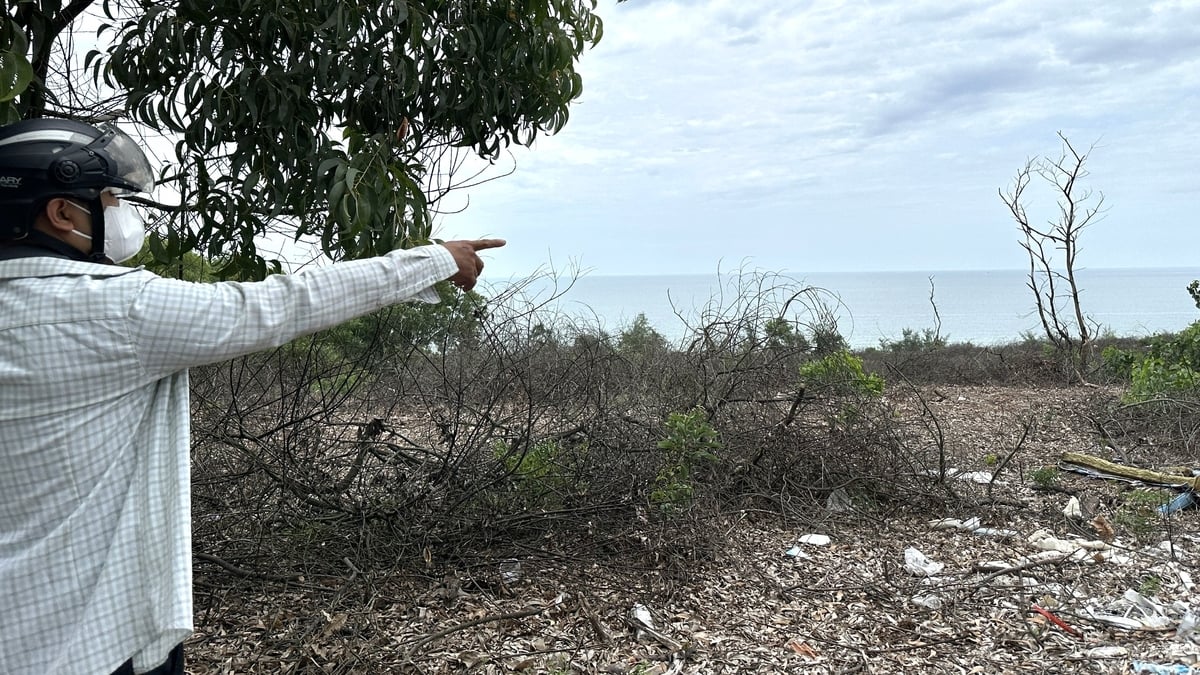


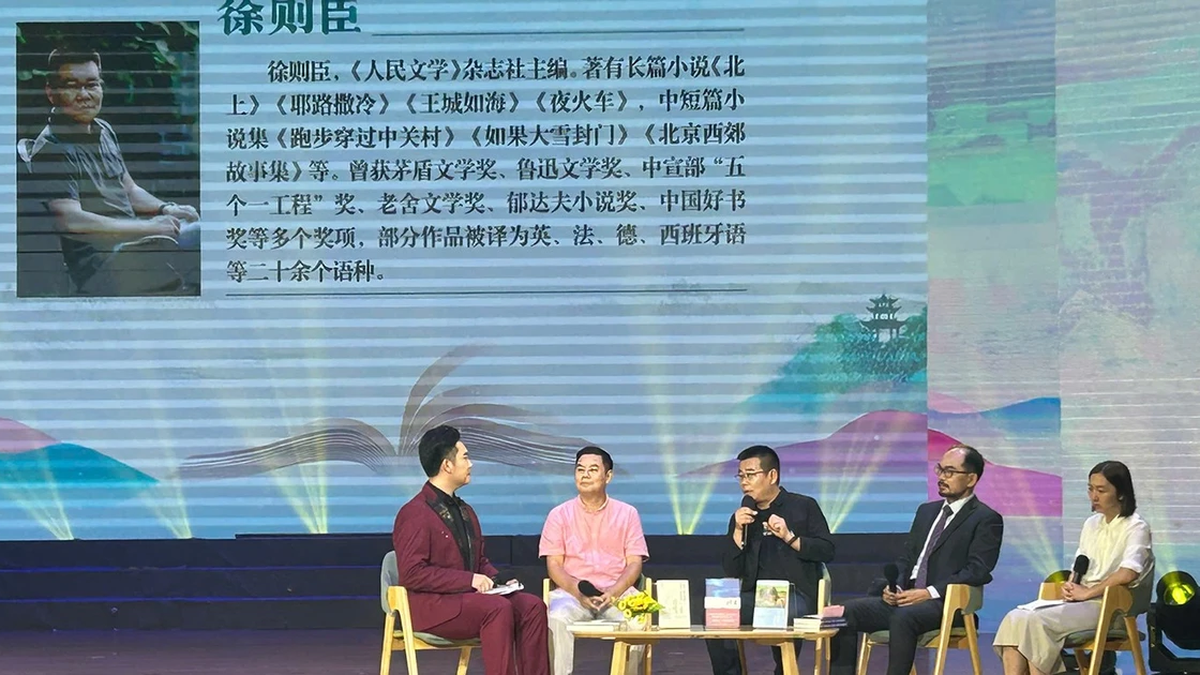

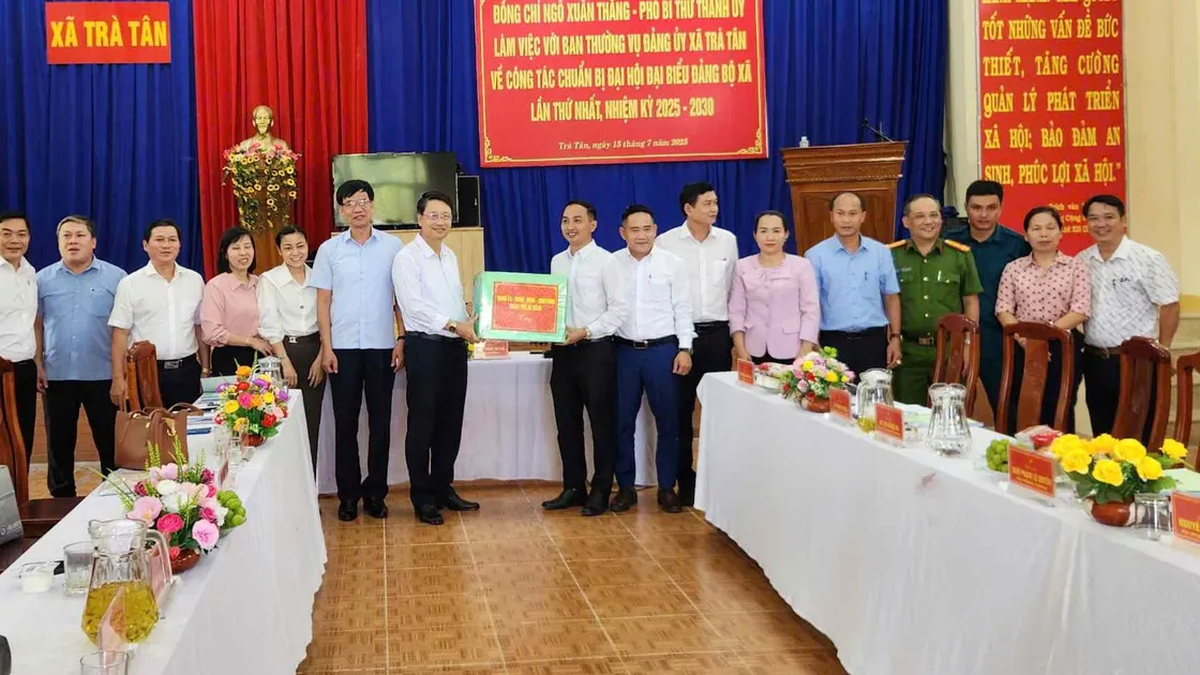
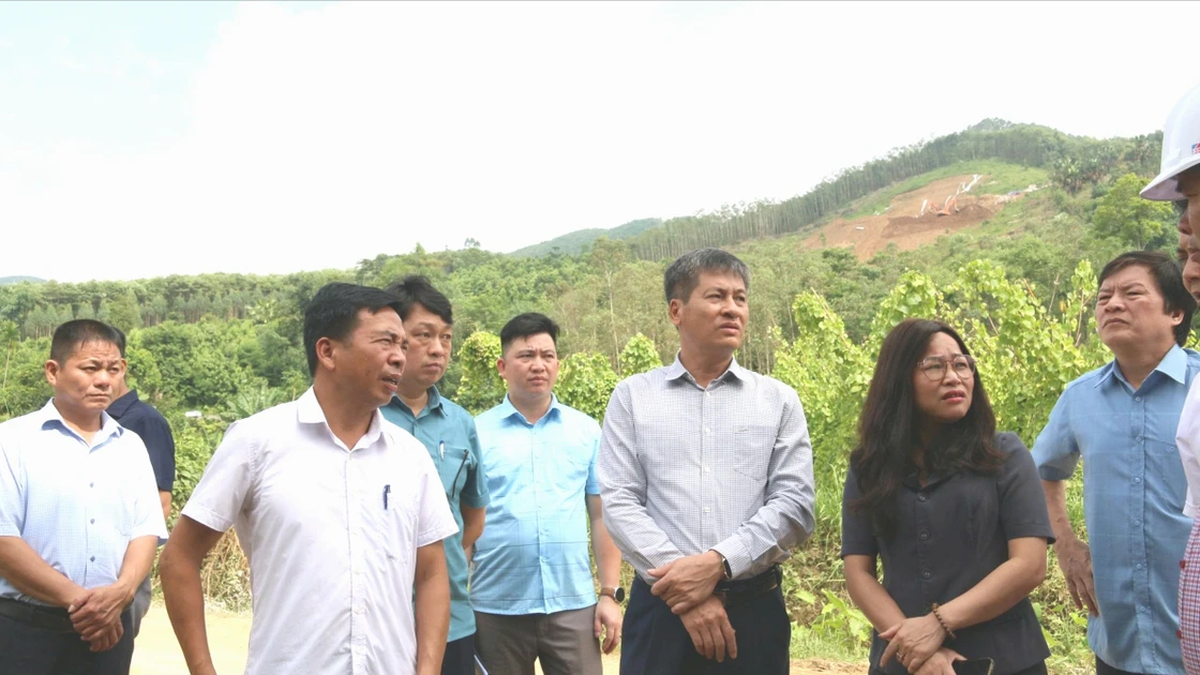
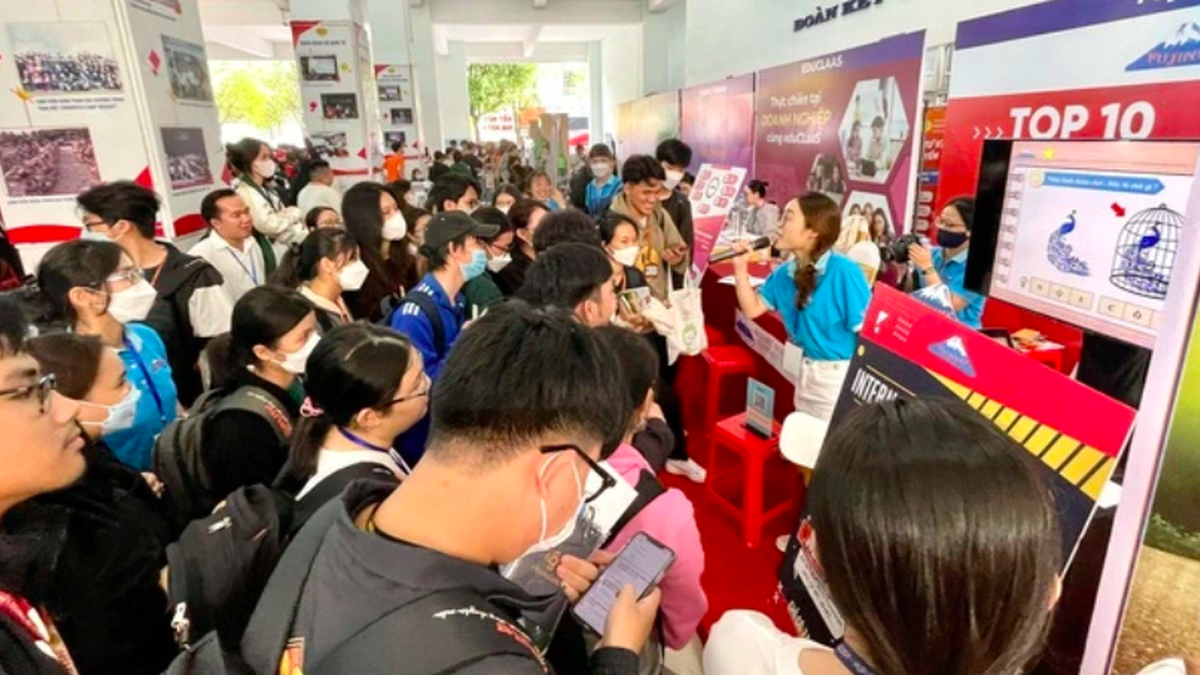

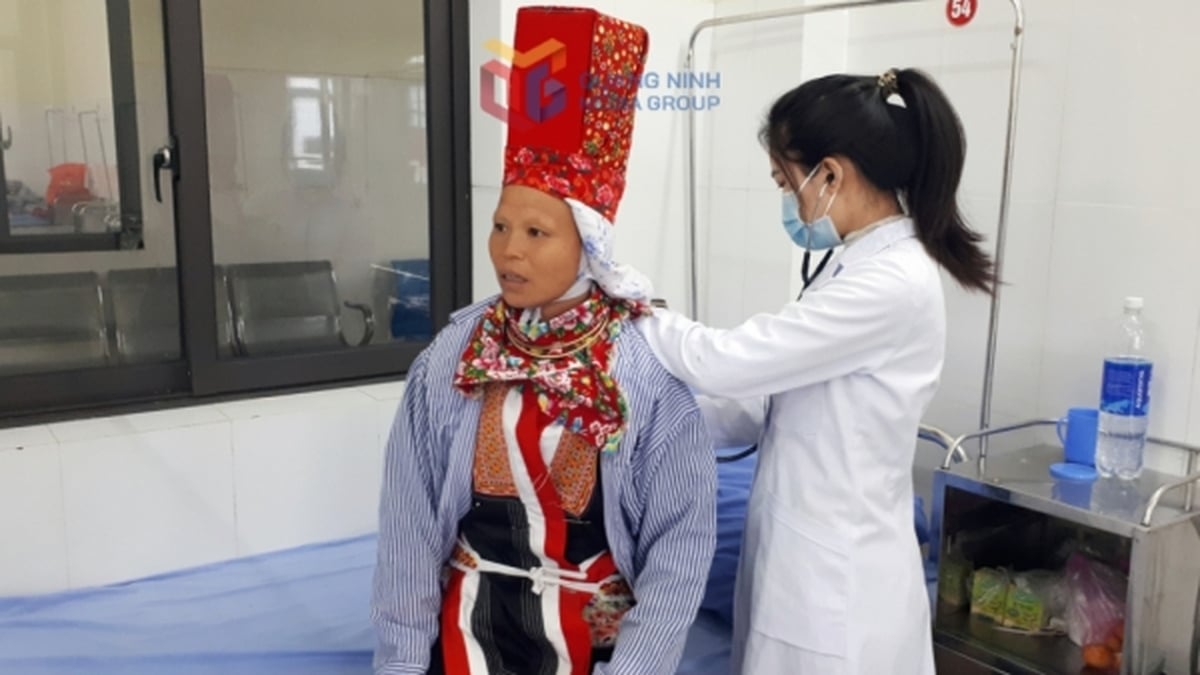






































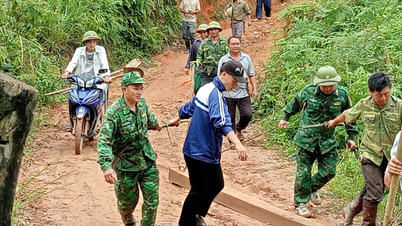
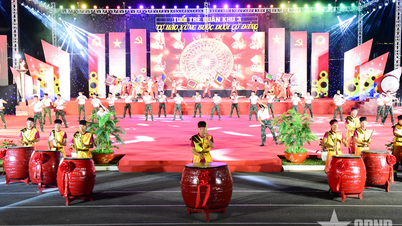










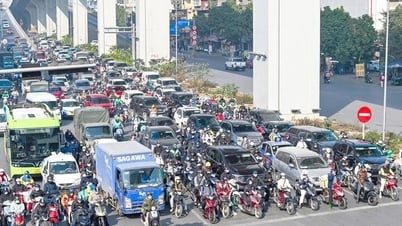








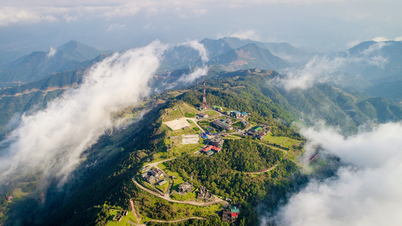



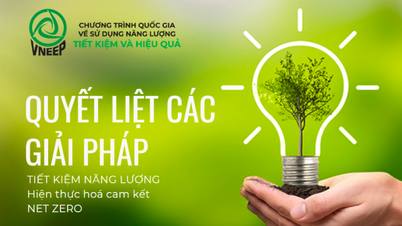
















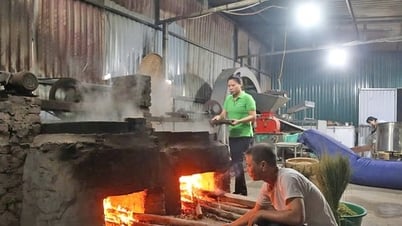






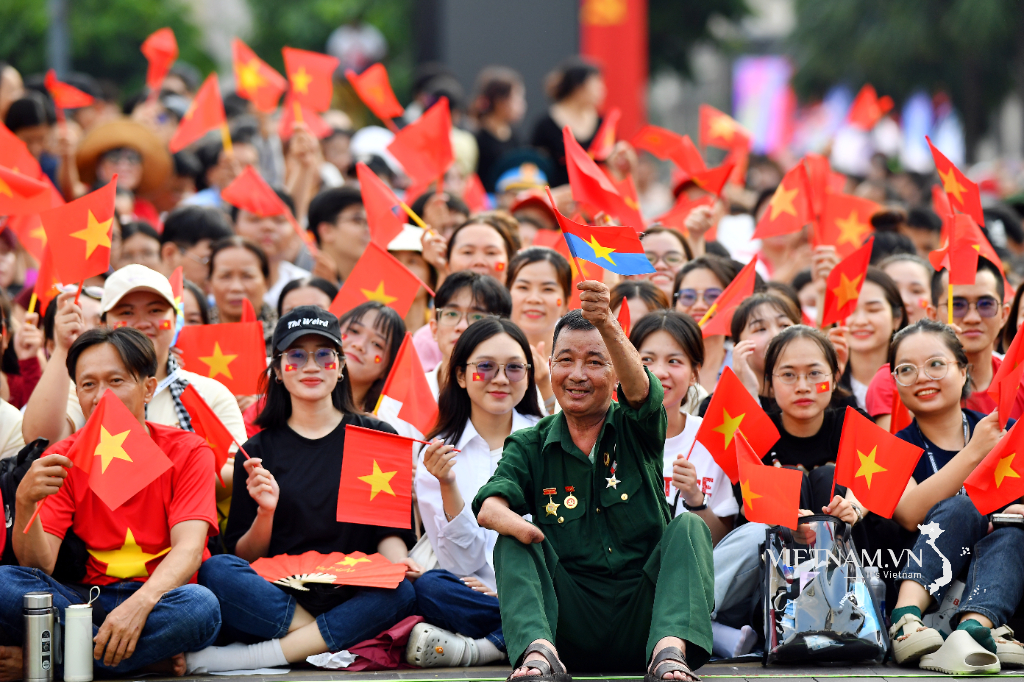
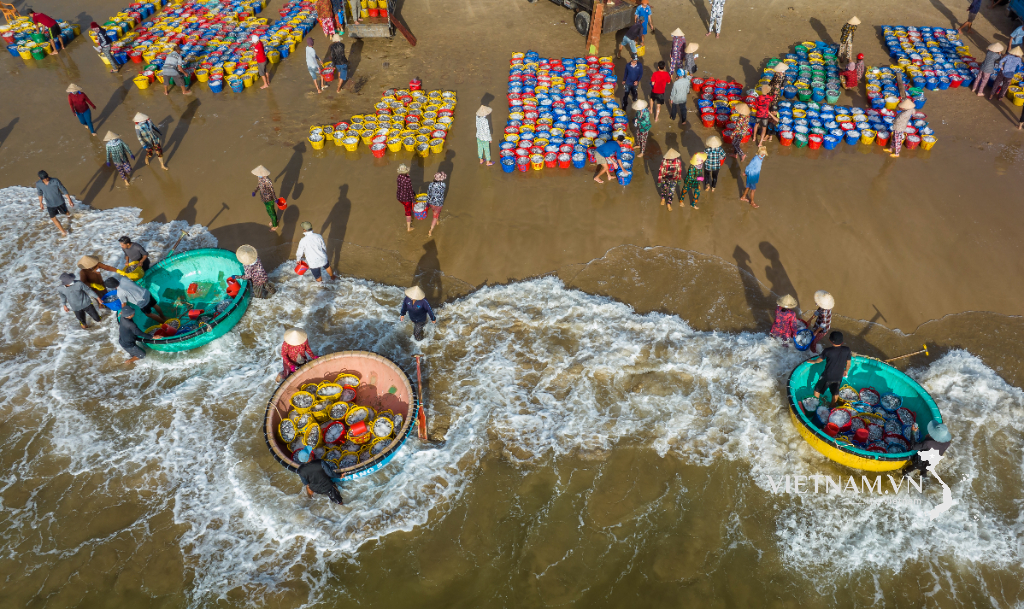


Comment (0)